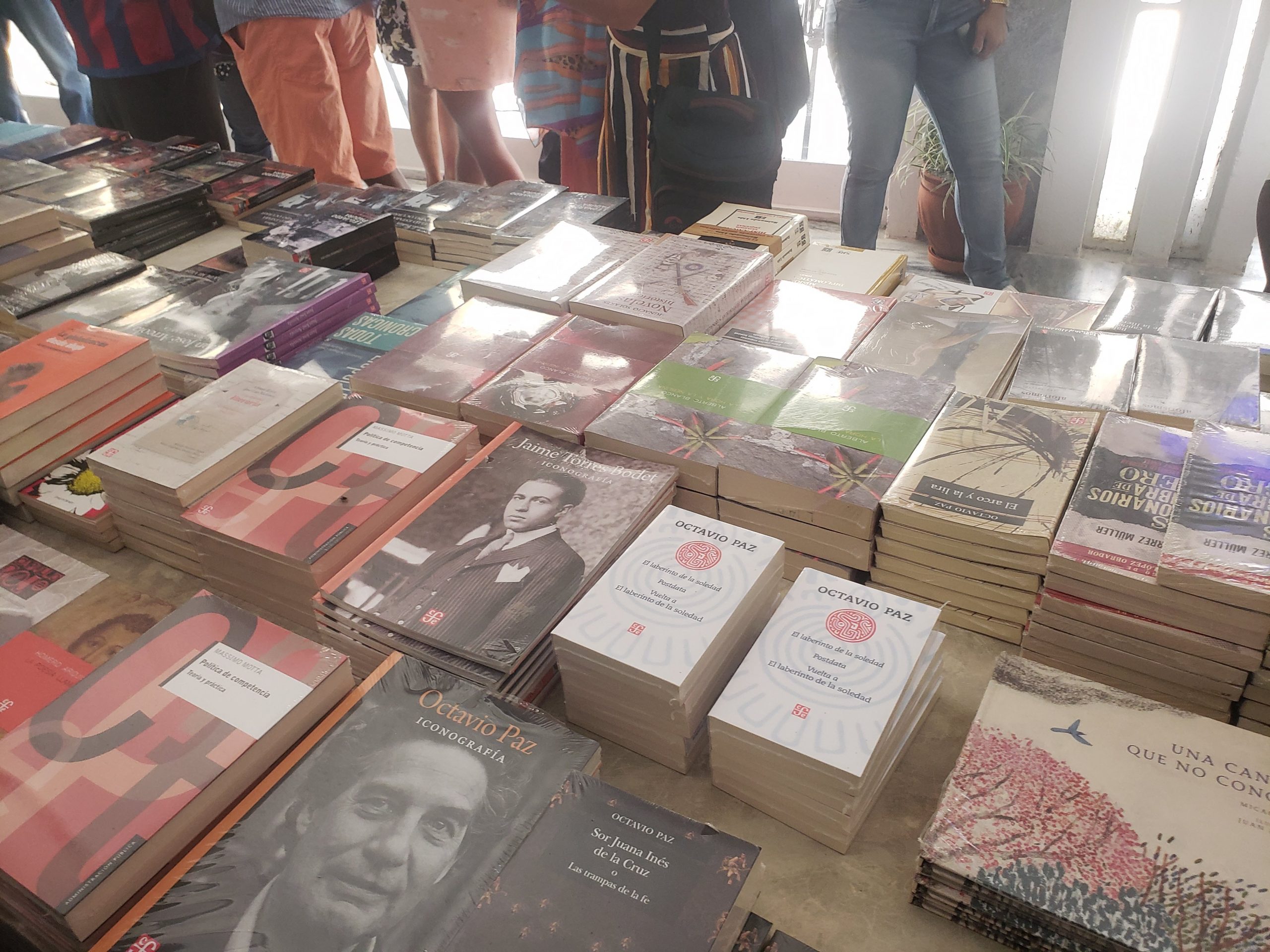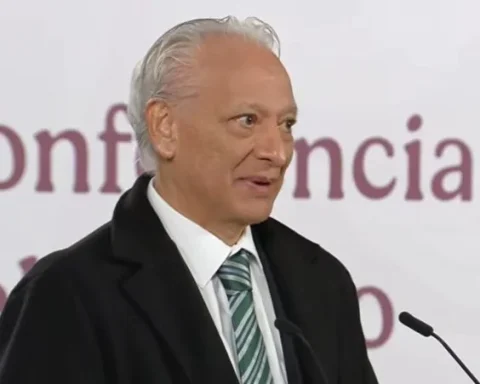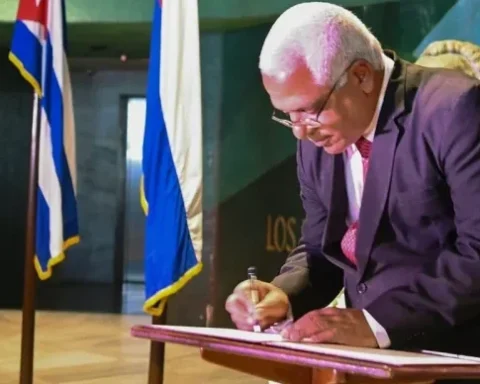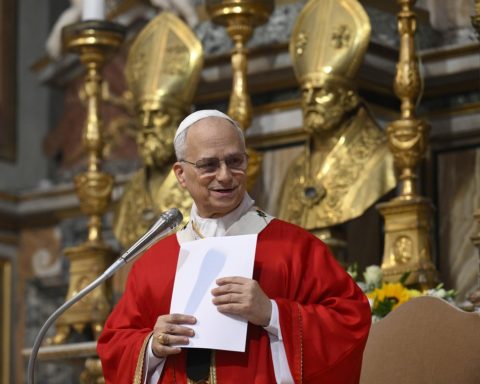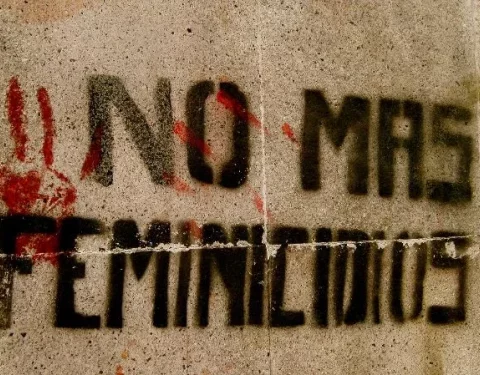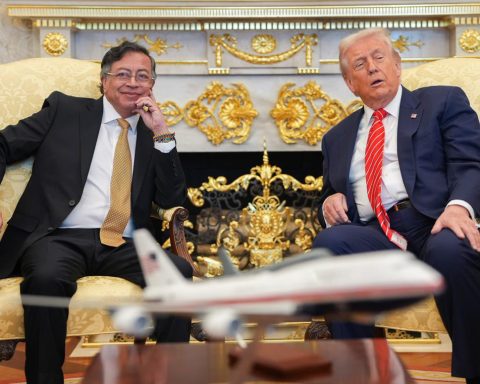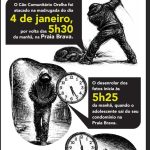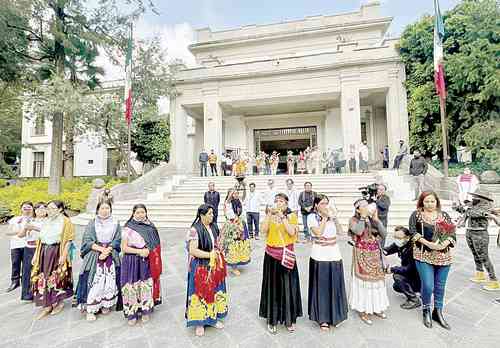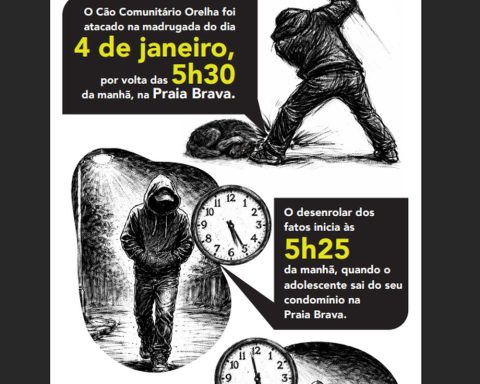The Tuxpan bookstore, an institution of the Economic Culture Fund, of Mexico, and the Cuban Book Institute, was inaugurated this Monday in Havana.
The new center is located at the intersection of 27th and L streets, in the Vedado neighborhood of the capital. It is a joint effort between various institutions in Cuba and Mexico to fulfill a “dream,” according to the writer Paco Ignacio Taibo II, director of the Mexican fund cited in a note from the official newspaper Granma.
Open its doors ? the Bookstore of the @FCEMexico “Tuxpan” ?? in Havana ??. Books bring us together! #RepublicOfReaders ?
Paco Ignacio Taibo II and the Minister @AlpidioAlonsoG presided over the opening ceremony. @sre_mx @CubaSculpture @cultura_mx pic.twitter.com/fHQZcc93WI
— EmbaMex Cuba (@EmbaMexCuba) August 8, 2022
At the opening of the venue, Taibo II expressed that “Reading is an act of democratic depth, freedom of thought, construction of ideas, criticism, debate and the book is the door that opens all this to us.”
In addition, he stressed that the bookstore “is for the greater glory of Cuban readers, for whom I have deep admiration,” the publication notes.
“This is a city of readers and reading creates critical thinking,” said the writer, adding that he felt “extremely proud of this bookstore that the reactionary Mexican press pointed out was never going to be done.”
For his part, Juan Rodríguez Cabrera, president of the Cuban Book Institute, expressed his gratitude for the presence of Mexico in the battle to control the complex situation in the province of Matanzas. In addition, he referred to the new bookstore as a high-reaching cultural goal, whose name symbolizes a historical relationship from people to people.
“The Economic Culture Fund is a promoter par excellence of the best of the region’s literature, as an indisputable result of the Mexican Revolution and of the Latin American and Caribbean progressive cultural tradition,” said the Cuban director, quoted by Granma.
Regarding the reopening of the center, he said that it is an expression of the will of both nations to ensure that the works of authors from the region and other corners of the earth have a presence in Cuba, which contributes to making available to the people Cuban a greater diversity of titles and content.
The report indicates that the tapes were cut by Alpidio Alonso, head of the Cuban Ministry of Culture (Mincult), and Paco Ignacio Taibo II, in the presence of several leaders of the island’s government, academics from both nations and Miguel Díaz Reynoso, Mexican ambassador in Havana.
